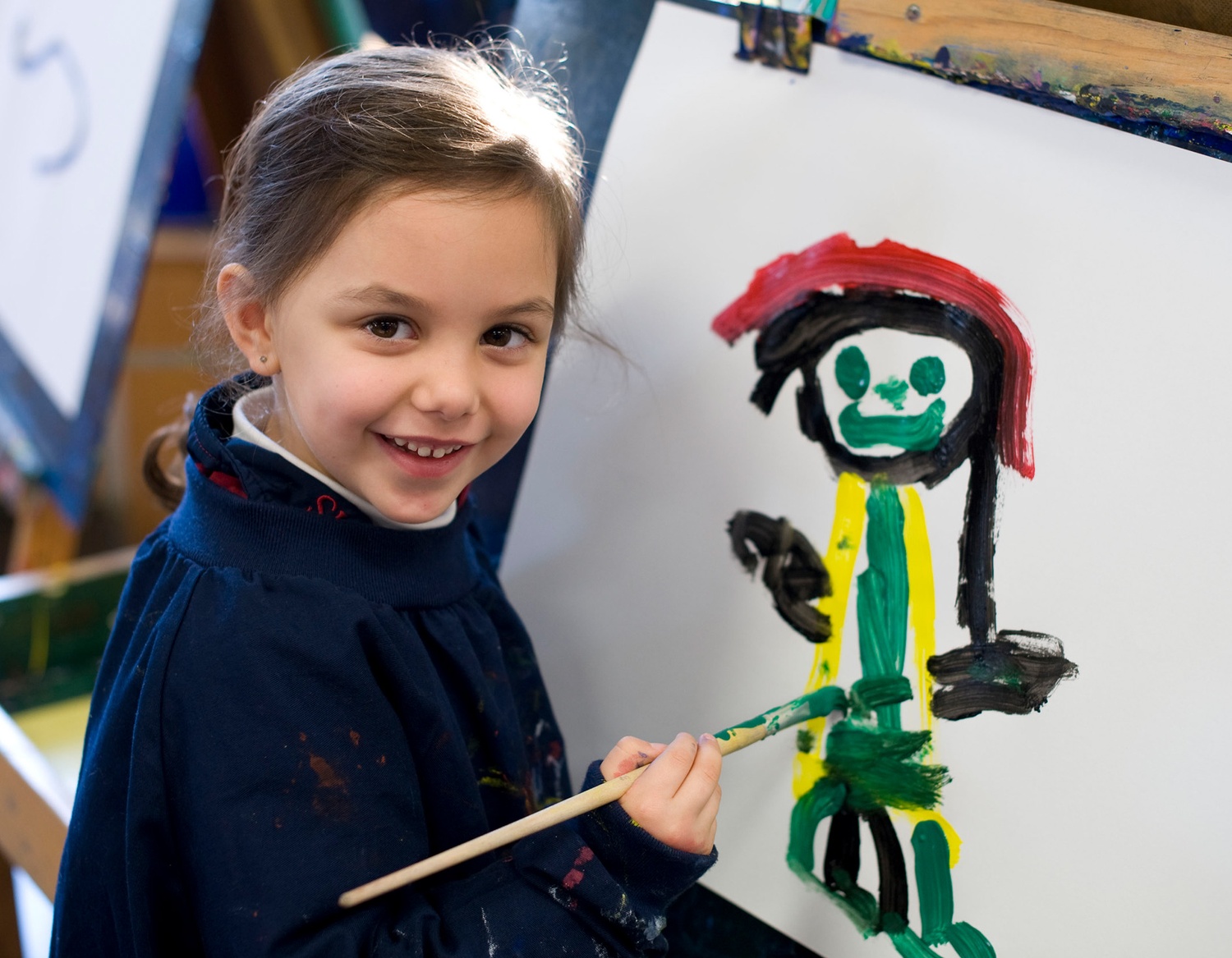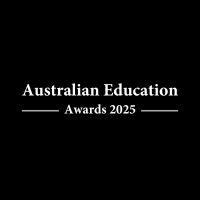
What can parents do to promote student learning?
Traditionally, parents have taken the role of checking for task completion, monitoring their child’s performance on assessments and tracking how their child approaches learning tasks.
Ron Ritchhart is a Senior Research Associate at Harvard Project Zero where his work focuses on such issues as teaching for understanding, the development of intellectual character, creative teaching, making students’ thinking visible, and most recently the development of school and classroom culture.
His advice for parents is below.
- Name and Notice Thinking. Use the language of thinking to name and notice the thinking your son/daughter is using and thus make it more visible. This is especially important when praising and giving feedback: “That’s an interesting theory. I like how you have used what you already know to make connections. That’s a perspective I hadn’t thought about.”
- Develop a Growth Mindset. A belief that intelligence and ability grow and develop over time–as opposed to something that is fixed and set–encourages greater risk taking, collaboration, enjoyment of challenge, long-term development, and continuous achievement in all types of learning endeavours (Dweck, 2006). Develop a growth mindset in your child by focusing your praise on process, learning, and effort (“You really worked hard on this and have learned a lot. You did a great job of developing a plan and following it through. You’ve really developed as a musician”.), as opposed to ability (“You’re so clever. Look how smart you are; you did that so fast. You’re good at maths.You’ve got a lot of talent”.)
- Challenge but Don’t Rescue. We learn a lot from making mistakes, pushing ourselves out of our comfort zone, and taking risks to try new things. Regularly encountering challenges, mistakes, and failure builds a growth mindset and develops intellectual resilience. When your child encounters difficulties, don’t jump in to solve the problem and rescue him/her. Instead, ask questions that will help him/her to think through the problem, identify, and choose a course of action for moving forward.
- What Questions Did You Ask Today? Our questions drive us as learners. When Isidor I. Rabi won the Nobel Prize in physics, he was asked, ”Why did you become a scientist, rather than a doctor or lawyer or businessman, like the other immigrant kids in your neighbourhood?” He replied, ”My mother made me a scientist without ever intending it. Every other Jewish mother in Brooklyn would ask her child after school: ‘So? Did you learn anything today?’ But not my mother. She always asked me a different question. ‘Izzy,’ she would say, ‘did you ask a good question today?’ That difference–asking good questions–made me become a scientist!”
- Focus on the Learning Over the Work. It’s easy for parents to focus on the work their son/daughter has to do and to monitor the completion of that work. However, the completion of work is never the goal of an assignment. Learning is the goal. Take a moment to ask your child what the purpose of each assignment is, what do they think the teacher wants them to learn and get better at as a result. Then monitor the learning, not the work.
- Encourage Connections. Students encounter new information constantly. To learn and make sense of this information they must connect it to previous knowledge and integrate it with their experience. Ask questions of connection and encourage the creation of metaphors, similes, comparisons and contrasts when talking about the topics your son/daughter is studying or exploring independently.
- Support Your Child in Arguing Effectively and Persuasively. A study in the journal Child Development (J. Allen, 2012) showed that teenagers who argued constructively with their parents by building a case and providing evidence for their position were more able to resist peer pressure to use drugs than were students from more authoritarian households. Researchers found such arguments were training grounds for teens that enabled them to learn to speak up, voice an opinion, and use evidence.
- Provide Time to Pursue Passions. In the movie Race to Nowhere (2010), producer/director Vicki Abeles documents how the pressure to succeed on tests is too often robbing children of rich learning experiences, causing stress-related problems, disengaging students, disrupting home life, and leading to wide-scale cheating. One argument the film makes is that teens need the time and space to pursue their passions and interests. Parents must make sure these passions, which may turn into life callings, are not squeezed out of their child’s life. Pay attention to your child’s learning and passions outside of school and make time for them.
- Make Your Own Thinking Visible. The Russian psychologist Lev Vygotsky said, “Children grow into the intellectual life around them.” You are a model for your child of what it means to be a thinker and a learner. Model your own interests, passions, curiosity, reflection, learning, and thinking for your child. Make your own thinking visible to them as a model.
- What Makes You Say That? This simple question is the “killer” tip for parents and teachers. By simply saying “What makes you say that?” in a curious and non-judgemental tone after someone has given a response, we are able to get a window into the thinking behind that person’s initial response. Teachers in Sweden referred to this as the magic question because of how much it was able to reveal about someone’s thinking. The reasoning behind the response often tells us much more than the response itself.
Ms Linda Shardlow
Director of the Centre for Excellence in Learning and Teaching






